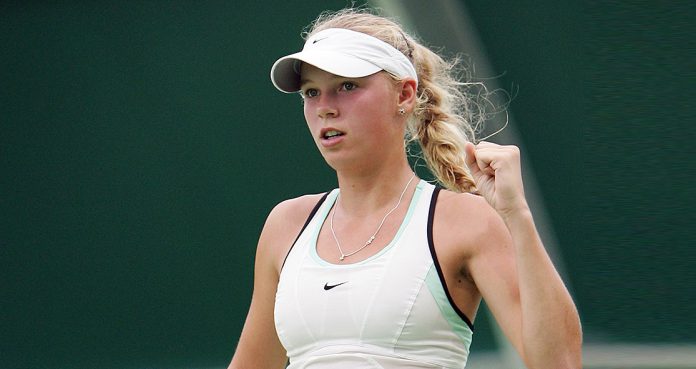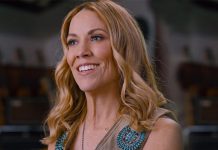Caroline Wozniacki is all set to hang up her racket to spend more time with her family and work on her diagnosis of rheumatoid arthritis.
The 29-year-old Grand Slam champion told PEOPLE, “I’ve thought about it for a long time. It’s obviously not an easy decision, and I don’t think it ever would be. Tennis is something that I’ve done for my entire life, and I wake up and I practice and I play tournaments, but there’s so many other things out there that I’d love to do.”
Wozniacki said she will retire after the Australian Open in January, the tennis tournament that she won in 2018, earning her first Grand Slam title.
She said, “I love it there. The support there for me has always been amazing. I wanted to finish playing when I still had this love for the game. I love to be out there. I can beat the best players in the world when I play my best, and that’s how I wanted to finish.”
Her decision to hang up her boots came after she said she wants to spend more time outside of tennis. She married former NBA player David Lee in June.
Wozniacki said, “I got married to my husband, which was amazing. We want to start a family. And I can’t wait to spend more time with my friends and family that I haven’t been able to over the past 20 years that I’ve been traveling.”
She was diagnosed with rheumatoid arthritis (RA) in 2018. She said, “I don’t think it [RA] is hindering me. It makes some things more challenging, but I feel great in the day-to-day. I feel like I can do anything, and I’ve won some of my biggest titles of my career with this illness.”
She continued, “It felt like the perfect time. I never wanted to use RA as an excuse for anything.”
After playing her final match in the Australian Open, Wozniacki plans to raise awareness of rheumatoid arthritis. She said, “We’re launching a new health education campaign centered around rheumatoid arthritis. I felt that it was important that I use my platform to share my story and show that anything is possible, regardless of RA.” “I’ll probably miss the competitiveness the most, of winning a tight match and that adrenaline that goes through your body,” she added. “I think that will be hard to replicate in anything else you do in life.”























